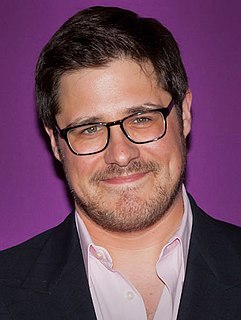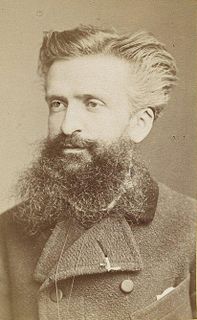A Quote by Michelle Dean
Prestige podcasts, like prestige television shows, tend to have an audience that believes itself literate, well-informed, and reasonable. Listening to podcasts, in this model, is a form of virtue.
Related Quotes
We have been distracted into unnatural motivations: money, prestige, power. Listening to the cuckoo is not going to give you money. Listening to the cuckoo is not going to give you power, prestige. Watching the butterfly is not going to help you economically, politically, socially. These things are not paying, but these things make you happy.
The '30 for 30' strand started life as a series of behind-the-scenes docs for the sports channel ESPN. It has now spawned an equally fascinating series of podcasts. Like the films, these podcasts don't rely on access, the usual currency of sports journalism, and are strangely excited by stories that are complicated and require telling at length.






























